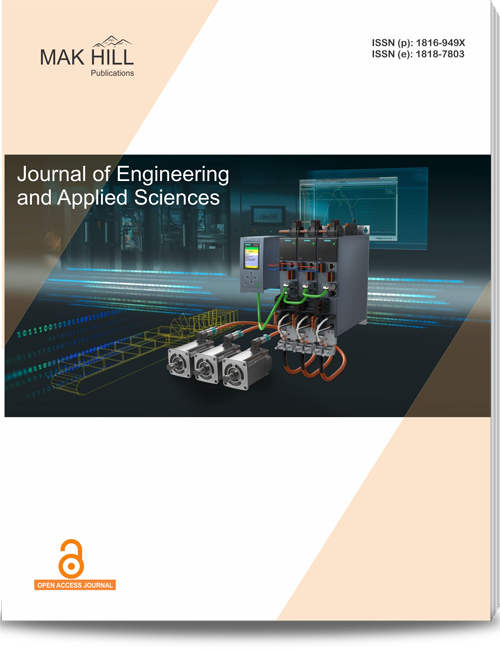
Journal of Engineering and Applied Sciences
ISSN: Online 1818-7803ISSN: Print 1816-949x
107
Views
0
Downloads
Abstract
The elements of Work-Integrated Learning (WIL) such as work-based learning, integrated learning, and experiential learning have been widely integrated in the entrepreneurial learning and education. Nevertheless, there has been a lack of sufficient research concerning the outputs of WIL programs (e.g., undergraduate attributes, psychological attributes and learning outcome) for nurturing graduate entrepreneurship learning. The survey was conducted among 383 business degree undergraduates who have undergone various WIL programs. The results show that motivation to learn is affected by computing skills and mediated by self-esteem. Interestingly, entrepreneurial skills only influence motivation to learn through the self-esteem. The finding provides a valuable insight into the government, higher education providers and practitioners in developing strategies pertaining to the WIL environment for promoting graduate with entrepreneurship attributes.
How to cite this article:
Hazril Izwar Ibrahim, Amar Hisham Jaaffar, Abdul Hadi Zulkafli and Khairul Annuar Mohammad Shah. Investigating Work-Integrated Learning (WIL) Outcomes and Motivation to Learn.
DOI: https://doi.org/10.36478/jeasci.2018.1316.1319
URL: https://www.makhillpublications.co/view-article/1816-949x/jeasci.2018.1316.1319